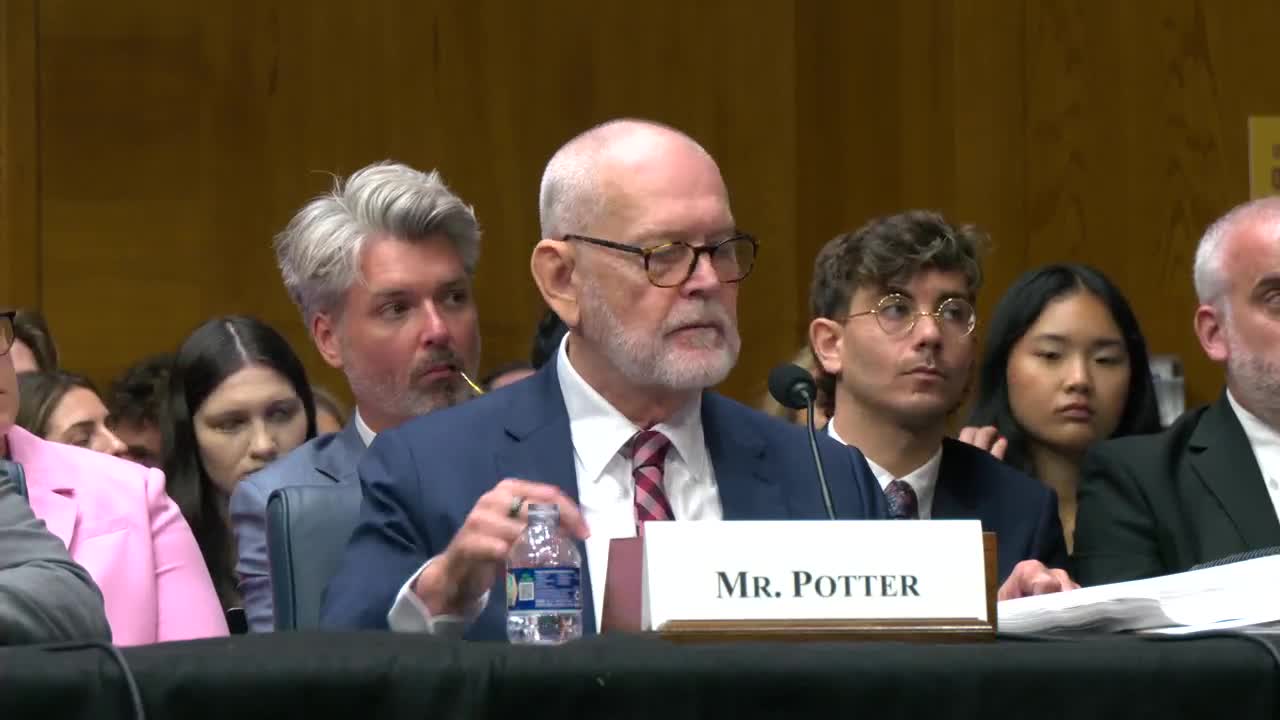Senate Committee Discusses Medicare Advantage and Prescription Drug Pricing Solutions
July 31, 2025 | Health, Education, Labor, and Pensions: Senate Committee, Standing Committees - House & Senate, Congressional Hearings Compilation
This article was created by AI summarizing key points discussed. AI makes mistakes, so for full details and context, please refer to the video of the full meeting. Please report any errors so we can fix them. Report an error »

The U.S. Senate Committee on Health, Education, Labor, and Pensions convened on July 31, 2025, to address the pressing issue of making health care affordable. The meeting focused on various strategies to lower costs and improve patient care, highlighting the complexities of the current health care system.
The session began with discussions on the impact of Medicare Advantage plans on patient care. A committee member shared a personal story about their father's experience with a major surgery and subsequent rehabilitation, emphasizing that cost limitations can severely affect the quality of care patients receive. This anecdote underscored the broader concern that health care costs are not just financial burdens but also barriers to necessary treatments.
The committee examined the rising costs of health care, noting that Medicaid expenses have increased by 6.5% and private health insurance costs by 5.3%. The overall cost of hospital services has surged by 256%. These figures illustrate the ongoing inflationary pressures within the health care sector, prompting calls for more effective management of administrative costs.
A significant portion of the discussion centered on the 340B Drug Pricing Program, which aims to provide discounts on medications for hospitals serving low-income patients. However, concerns were raised about the program's effectiveness, as hospitals can retain profits from discounted drugs without necessarily passing savings on to consumers. Suggestions were made to reform the program to ensure that subsidies directly benefit patients in need.
Experts proposed various solutions to enhance the 340B program. One suggestion involved tying subsidies to the number of patients treated, ensuring that financial support is directed where it is most needed. Another idea was to implement a flat fee or user tax on pharmaceutical companies to provide hospitals with predictable funding, thereby reducing the complexities of the current subsidy system.
The committee also discussed the issue of drug pricing transparency, particularly regarding high list prices and the significant rebates that often accompany them. It was noted that patients frequently face cost-sharing based on inflated list prices rather than the actual negotiated prices, which can lead to confusion and financial strain.
As the meeting progressed, the committee acknowledged the ongoing challenges in finding efficiencies within the health care system. Members expressed a commitment to continue exploring solutions that would not only lower costs but also enhance the quality of care for all patients.
In conclusion, the meeting highlighted the multifaceted nature of health care affordability, emphasizing the need for systemic reforms that prioritize patient care while addressing rising costs. The committee plans to further investigate these issues and develop actionable strategies in future sessions.
The session began with discussions on the impact of Medicare Advantage plans on patient care. A committee member shared a personal story about their father's experience with a major surgery and subsequent rehabilitation, emphasizing that cost limitations can severely affect the quality of care patients receive. This anecdote underscored the broader concern that health care costs are not just financial burdens but also barriers to necessary treatments.
The committee examined the rising costs of health care, noting that Medicaid expenses have increased by 6.5% and private health insurance costs by 5.3%. The overall cost of hospital services has surged by 256%. These figures illustrate the ongoing inflationary pressures within the health care sector, prompting calls for more effective management of administrative costs.
A significant portion of the discussion centered on the 340B Drug Pricing Program, which aims to provide discounts on medications for hospitals serving low-income patients. However, concerns were raised about the program's effectiveness, as hospitals can retain profits from discounted drugs without necessarily passing savings on to consumers. Suggestions were made to reform the program to ensure that subsidies directly benefit patients in need.
Experts proposed various solutions to enhance the 340B program. One suggestion involved tying subsidies to the number of patients treated, ensuring that financial support is directed where it is most needed. Another idea was to implement a flat fee or user tax on pharmaceutical companies to provide hospitals with predictable funding, thereby reducing the complexities of the current subsidy system.
The committee also discussed the issue of drug pricing transparency, particularly regarding high list prices and the significant rebates that often accompany them. It was noted that patients frequently face cost-sharing based on inflated list prices rather than the actual negotiated prices, which can lead to confusion and financial strain.
As the meeting progressed, the committee acknowledged the ongoing challenges in finding efficiencies within the health care system. Members expressed a commitment to continue exploring solutions that would not only lower costs but also enhance the quality of care for all patients.
In conclusion, the meeting highlighted the multifaceted nature of health care affordability, emphasizing the need for systemic reforms that prioritize patient care while addressing rising costs. The committee plans to further investigate these issues and develop actionable strategies in future sessions.
View full meeting
This article is based on a recent meeting—watch the full video and explore the complete transcript for deeper insights into the discussion.
View full meeting